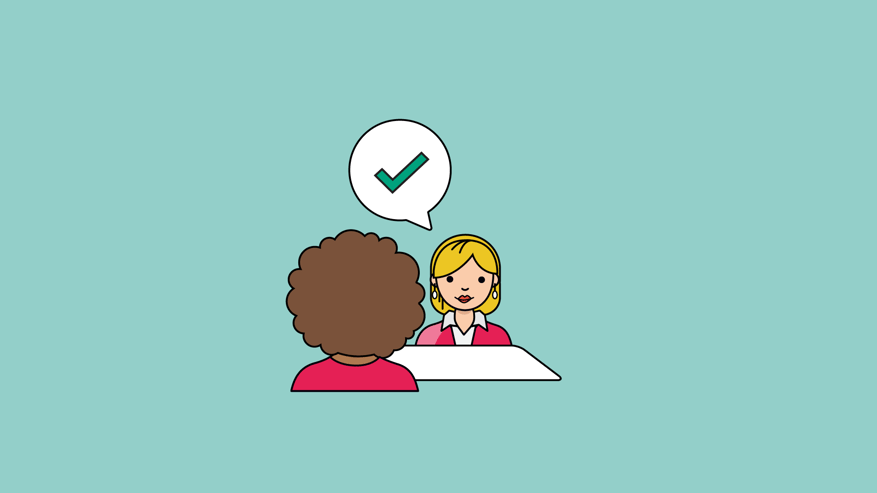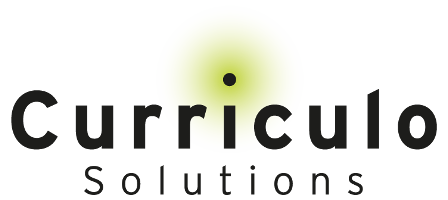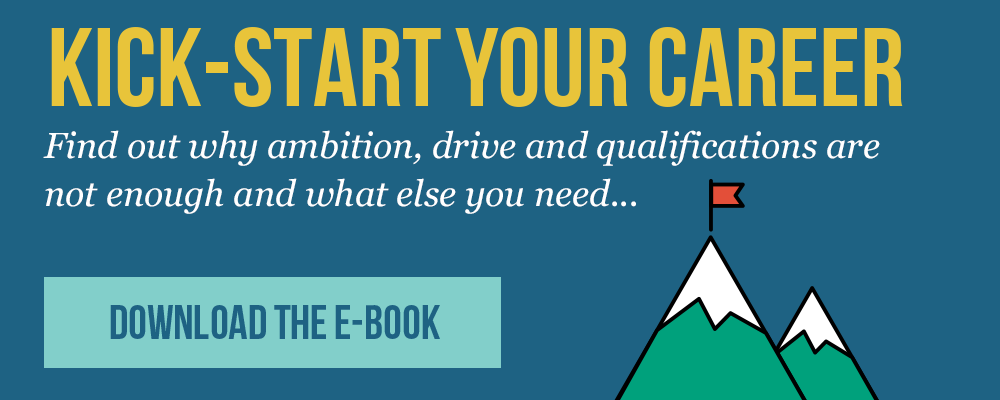
Job interviews can be some of the most nerve-wracking experiences we have to go through in our careers. Whether it’s an interview for a Saturday job at the local cafe or the second round of interviews for your first graduate job, if you’re going to be successful, your interview skills need to be honed and developed long before you turn up on the day. Some people are born with calm confidence and eloquence; for others, it takes a lot of practice to get their interview skills just right. The good news is that, whatever your current level of expertise when it comes to interviews, you can become brilliant at making a great first impression and wowing your future employers. Take our fun quiz to find out which areas you might need to work on when building your interview skills.
It’s the morning of the interview. What time do you arrive at the interview location?
- An hour before – so you can go over the notes you made about the company and have time for a snack before the appointment.
- Five minutes late – what difference will five minutes make, after all?
- 20 minutes before – you like being early so that you don’t arrive stressed; but if you’re too early, there might be time to realise how nervous you are!
How many copies of your CV do you bring with you?
- 10 – you like to carry a folder of CVs with you wherever you go, you never know when you might need to hand one out.
- None – they’ve already seen your CV as part of the job application, so why waste paper?
- Three – even though they probably have your CV, it shows good organisational skills and foresight if you come with a few extra.
You’re feeling a bit tense before the interview. How do you relax?
- With your go-to chill out playlist of calming classical music, and a cup of chamomile tea.
- Cigarettes and coffee.
- By preparing the night before, getting a good night’s sleep and lots of deep breathing before the interview.
What does your pre-interview preparation look like?
- Staying up late the five nights before the interview, absorbing every piece of information about the company and industry as you can.
- Having a quick scroll through the organisation’s Twitter feed on your way to the interview. They’ll be mainly asking me questions about myself, anyway.
- Making connections with people who work in the industry, researching the role you’re going for and thinking about how you can add value to the position and company.
What do you pack in the bag you bring to the interview?
- Industry trade publications and textbooks to show how enthusiastic you are about the position and organisation.
- The same things you’d take for coffee with a friend – phone, wallet, keys.
- Besides copies of your CV, a career map to the interview location, a notepad and pen, and questions to ask your potential employer.
When should you bring up the subject of salary?
- At the end of the interview – you don’t want to come across as greedy at the start.
- As soon as the interviewer asks if you have any questions – it’ll demonstrate that you’re goal orientated.
- When the interviewer asks what your salary expectations are.
What do you do if you’re asked a tricky question and can’t think of an answer straight away?
- Veer off topic and talk about what’s happening in the industry, to show them how much research you’ve done.
- Say “I don’t know” – honesty is the best policy!
- Ask if you can have a minute or two to formulate an answer.
How do you follow up after the interview?
- Tweet about how amazing you think the organisation is and post a selfie taken in front of the company building.
- Nothing – you’ll wait for them to contact you.
- Send a short and polite follow-up email later in the day to thank them for their time, and to reiterate your interest in the position.
How did you do?
Mostly As: You get full marks for enthusiasm and effort, but perhaps need a little direction when it comes to knowing where to divert your energy when honing your interview skills.
Mostly Bs: While your laid-back attitude can be great ahead of an interview, you might be a little too relaxed in your approach. But with the right interview skills training, you’ve got loads of potential.
Mostly Cs: We’re impressed. You’ve got a great balance between demonstrating enthusiasm and professionalism, and a great foundation on which to build interview techniques.
Interview skills are one of the most important things on an employability skills checklist – and they’re a skill set that you’ll need to draw on throughout the lifespan of your career, no matter your industry. Our Industry Engagement Programme teaches the skills and strategies needed to ace job interviews and plans for a long and fulfilling career. Download our guide for more information on what you need to kick start that dream career:


